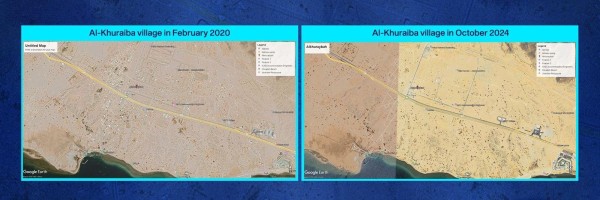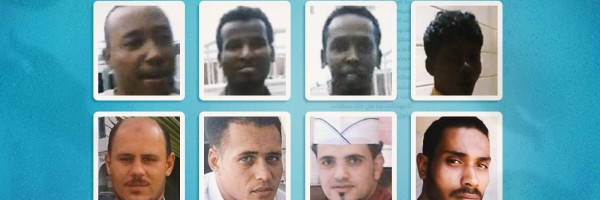Mohanna Abdulaziz al-Hubail, Director of the Islamic Orient Studies Bureau instanbul, is a Saudi researcher, social activist and writer on contemporary Islamic thought and regional affairs whose work is regularly published in Saudi and other Gulf media. He was formerly deputy director of the public library in al-Ahsa, in Saudi Arabia’s Eastern Province, before his retirement from government service.
At the beginning of March 2016 the Specialised Criminal Court in Riyadh passed an initial sentence on Hubail of six years in prison and a six-year travel ban on his release, as well as closure of his widely-followed Twitter account.
The main charges against him were inciting and taking part in demonstrations outside the US consulate in Dhahran, Eastern Province (in April 2002); signing statements that meddled in matters within the ruler’s jurisdiction; and inflaming public opinion by describing supporters of a member of the Saudi Civil and Political Rights Association (ACPRA) — dissolved by court order in 2013 — as “nationalists” and claiming that ACPRA promoted human rights. He was also found guilty of solidarity with arrested ACPRA members; slandering and casting doubt on the integrity of the judiciary; and disparaging the work of government agencies and insulting state officials. He was further convicted of giving a television interview in which he called for the release of prisoners of conscience.
Hubail, who has taken part in seminars and similar events, and whose approach has always focused on debate, the rejection of sectarianism, and calls for reform, has been detained twice before for his political and pro-reform activism.
In 2002 he was held in detention for two months for leading a demonstration near the US consulate in Dhahran that said it was calling for a halt in oil exports to the United States with the aim of ending American support for Israeli acts of aggression. The Israeli army had at the time encircled and then invaded Jenin refugee camp in the West Bank.
In 2004 Hubail was again locked up, this time for six months. He and the Islamist civil reformer Dr Abdullah al-Hamid had co-signed a petition for constitutional reform that was submitted to the late King Abdullah and published as an open letter to the Saudi people. The king invited them in to discuss it, and they had a positive meeting in which the king promised to incorporate their demands in a national reform plan that he already had in mind. Following this, Hubail and a group of friends set up the al-Ahsa National Islamist Forum. His arrest came after the publication of the forum’s founding document, but before it had organised any seminars or activities.
The Saudi authorities have thus tried Mohanna al-Hubail and found him guilty of nothing more than expressing his opinion in a peaceful manner. They have also convicted him a second time for offences for which he has already served time in prison, and for his calls for reform and the release of prisoners of conscience.
Trying people and convicting them for freely expressing their views and for peaceful civil actions is an extremely grave matter, and a clear and blatant violation of universally-binding human rights conventions. ALQST therefore call for all charges against Mohanna al-Hubail to be immediately and unconditionally dropped.




